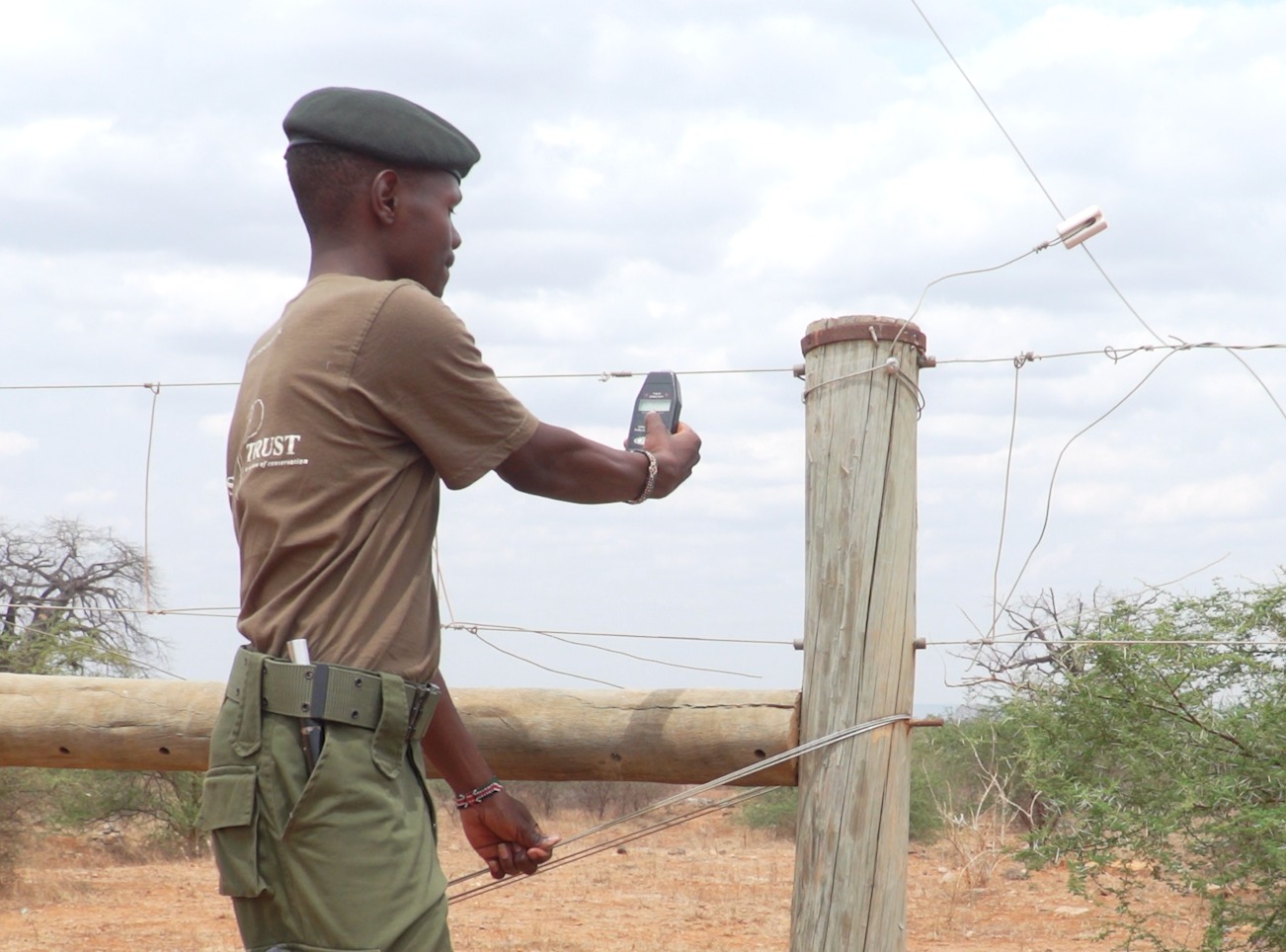UN blames South Sudan for Lack of Cooperation

The U.N.’s peacekeeping chief has expressed his frustration with South Sudan’s leaders, saying President Salva Kiir and his government have denied repeated requests for the U.N. mission there to use equipment needed to protect civilians.
Herv Ladsous laid out to the U.N. Security Council the problems that his 12,000 troops, police and civilian personnel in South Sudan have been experiencing because of the government’s lack of cooperation.
“I see a country – and I can be very candid, that country is South Sudan – a country where we felt that we needed to do a better job to protect civilians,” he said. “We needed attack helicopters – request denied. We needed unmanned aerial vehicles, or drones – request denied by the president to me, personally, three times last year.”
Ladsous said the mission’s movements have also been restricted. Also troubling, he said, is that the South Sudan government is finding new ways to harass and intimidate mission personnel.
“Juba did declare some of our senior personnel persona non grata,” he said. “If you look at the fact that yesterday it was announced that from now on U.N. personnel who are taking pictures will be considered as spies, well, I think this raises a number of concerns.”
Among the senior staff in South Sudan who were recently told they were no longer welcome was Toby Lanzer, the deputy head of mission and the U.N.’s humanitarian coordinator.
The government accused him of being outspoken about the economic and humanitarian situation in the country, where 4.6 million people face severe food insecurity and more than 2 million have been displaced from their homes and villages. For over a year, the U.N. has been sheltering more than 100,000 civilians who have sought protection at hastily set up camps inside U.N. bases in some of the worst-affected areas.
The civilians are fleeing fighting that ignited after a political rivalry between Kiir and his former vice president, Riek Machar, escalated into open conflict in December 2013. Tens of thousands have died since, and the two men have not heeded international warnings to adhere to a cease-fire deal made in January 2014 and start working toward a transitional government.
The U.N. secretary-general held a special high-level meeting on the crisis on the sidelines of the annual U.N. meetings in New York last September. Kiir, who was in town, snubbed the gathering by not showing up.
The Security Council has repeatedly threatened those thwarting efforts at peace and stability in South Sudan with sanctions and dangled the possibility of an arms embargo, but has so far only set up the legal mechanism for imposing sanctions.






